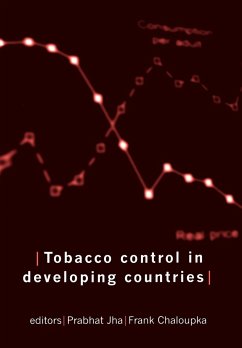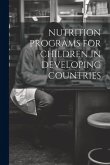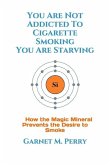There is no doubt that smoking is damaging global health on an unprecedented scale. However, there is continuing debate on the economics of tobacco control, including the costs and consequences of tobacco control policies. This book aims to fill the analytic gap around this debate. This book brings together a set of critical reviews of the current status of knowledge on tobacco control. While the focus is on the needs of low-income and middle-income countries, the analyses are relevant globally. The book examines tobacco use and its consequences including new analyses of welfare issues in tobacco consumption, poverty and tobacco, and the rationale for government involvement . It provides an evidence-based review of policies to reduce demand including taxation, information, and regulation. It critically reviews supply-side issues such as trade and industry and farming issues, including new analyses on smuggling. It also discusses the impact of tobacco control programs on economies, including issues such as employment, tax revenue and welfare losses. It provides new evidence on the effectivemess and international action, including future research directions. A statistica; annex will contain information on where the reader can find data on tobacco consumption, prices, trade, employment and other items. The book is directed at academic economists and epidemiologists as well as technical staff within governments and international agencies. Students of economics, epidemiology and public policy will find this an excellent comprehensive introduction to economics of tobacco control.
Bitte wählen Sie Ihr Anliegen aus.
Rechnungen
Retourenschein anfordern
Bestellstatus
Storno








